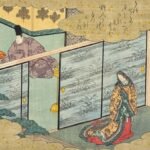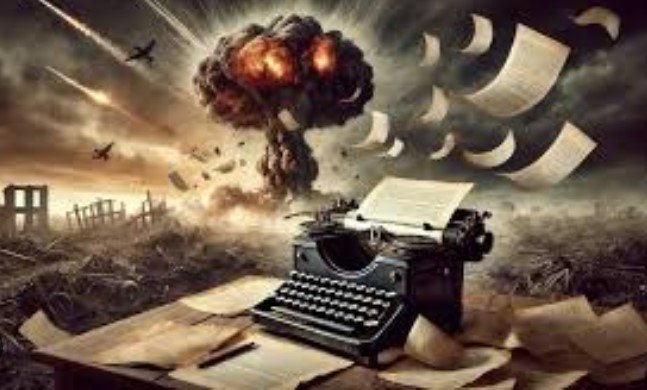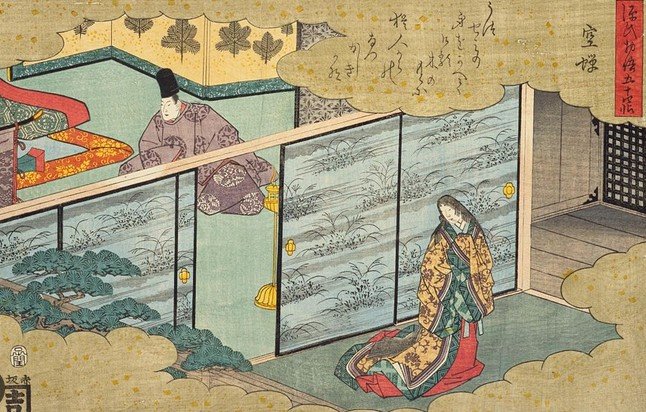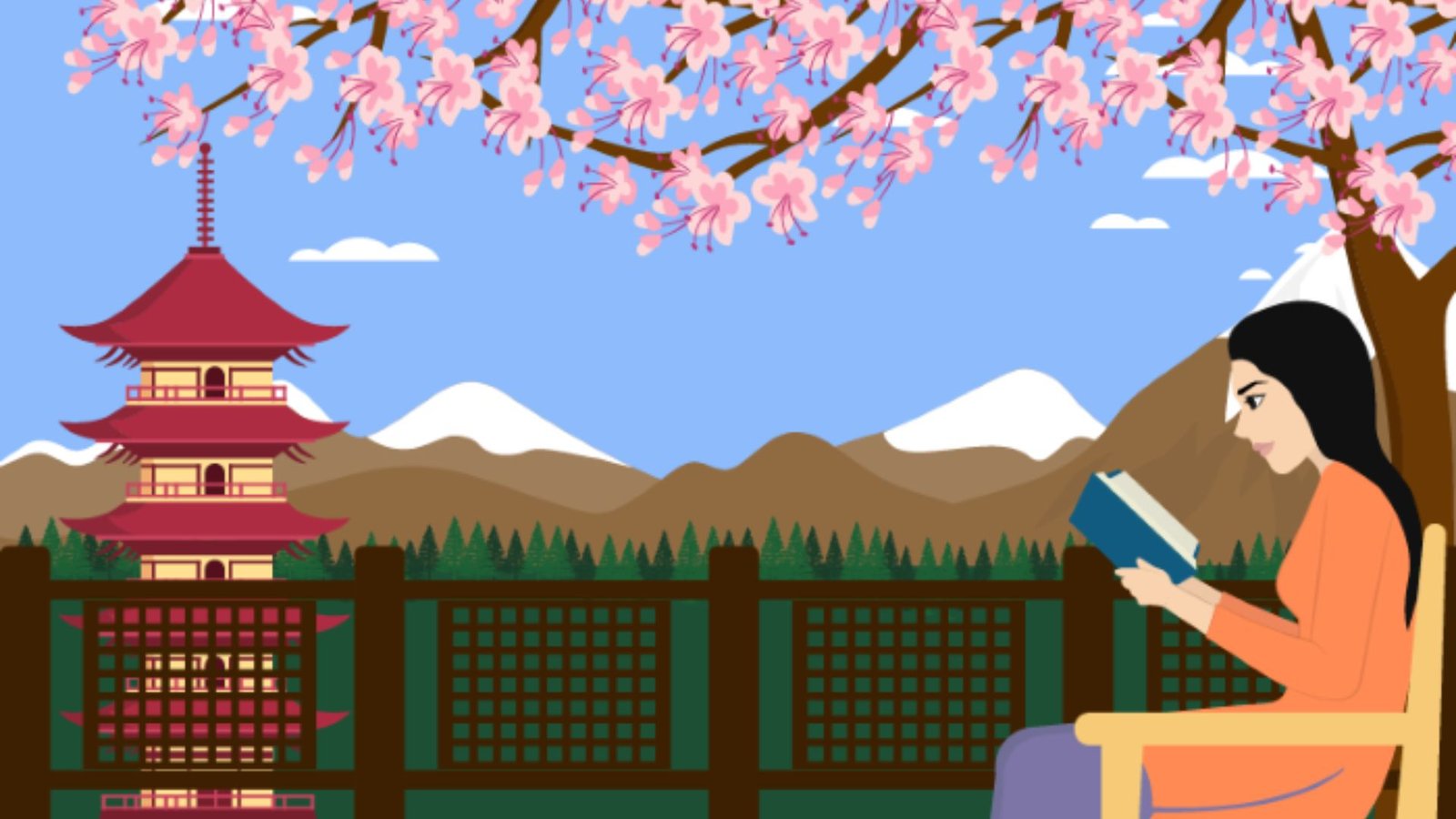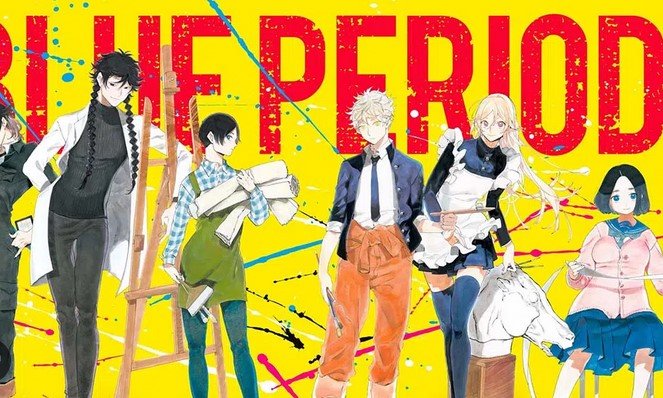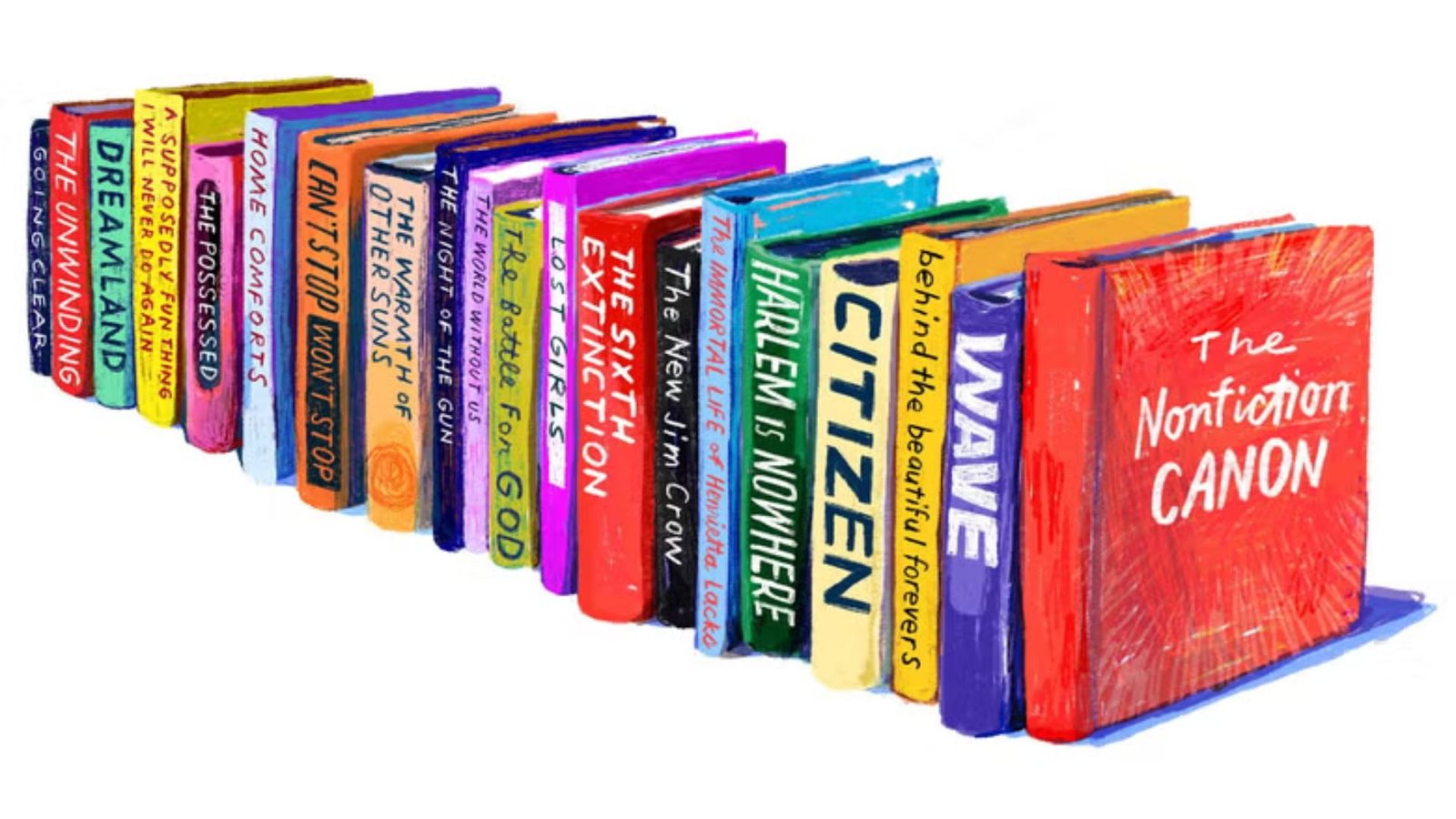War has long been a significant theme in literature, profoundly influencing the way authors approach storytelling. In Japan, the aftermath of both the Russo-Japanese War (1904-1905) and, more notably, World War II has shaped the narrative style and themes of numerous Japanese writers. The devastation impact of war on Japanese authors, societal upheaval, and psychological toll of war have deeply affected their works, with many authors using literature as a vehicle to express grief, reflect on national trauma, and explore the consequences of violence and conflict. In this post, we will explore how war has impacted Japanese authors’ narratives, focusing on key themes and examples of influential works.
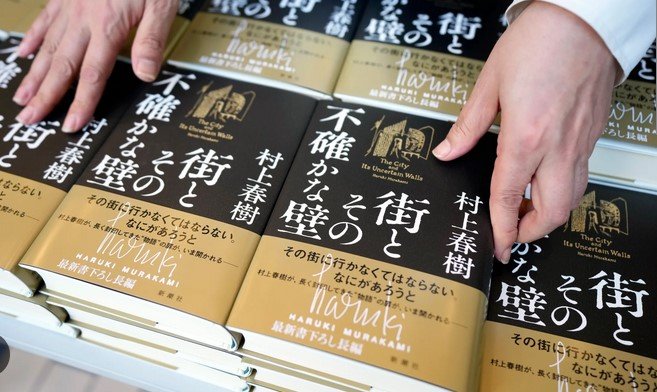
The Psychological Toll of War
The aftermath of war, particularly the devastation of Hiroshima and Nagasaki, left deep scars on the collective psyche of the Japanese people. For many authors, this emotional and psychological toll became central to their narratives. The trauma of war, the disillusionment with national ideals, and the struggles of reintegrating into a post-war society are recurring themes.
One such example is Yukio Mishima, whose works often grapple with themes of honor, death, and the psychological effects of war. Mishima’s famous novel The Sound of Waves (1954) and his later works, including The Temple of the Golden Pavilion (1956), reflect his complex relationship with Japan’s post-war identity. Mishima’s fascination with death and the decline of traditional Japanese values can be seen as a response to the cultural and psychological dislocation following the war.
Another prominent author, Kenzaburo Oe, often focuses on the themes of suffering and the human condition in his work. In A Personal Matter (1964), Oe uses the birth of a disabled child to reflect on Japan’s societal challenges and the psychological trauma that individuals face in a post-war society. Oe’s exploration of war’s lingering effects speaks to the enduring trauma and the struggle for personal redemption in the wake of national defeat.
War and National Identity
War’s impact on Japanese authors also extends to a deeper exploration of national identity. The devastation of WWII and the loss of the Empire forced Japan to reevaluate its place in the world, leading many authors to reflect on themes of national pride, shame, and renewal.
Natsume Sōseki, one of Japan’s most revered literary figures, wrote extensively about the challenges of modernity and national identity during the Meiji period, following Japan’s rapid industrialization and militarization. His novel Kokoro (1914) explores themes of guilt and moral conflict, which resonate with the disillusionment that would later become prevalent in post-WWII literature. While Sōseki did not directly write about the effects of WWII, his works laid the groundwork for the introspective and existential reflections that would follow in post-war literature.
Following WWII, Osamu Dazai‘s No Longer Human (1948) epitomizes the disillusionment felt by many Japanese in the wake of the war. Dazai’s protagonist, Oba Yozo, embodies the sense of alienation and identity loss that many Japanese citizens felt after the war, especially as they grappled with the implications of Japan’s defeat and the loss of its imperial identity. The novel reflects the disconnection from societal norms and an overwhelming sense of personal and national failure.
The Reconciliation of War and Peace
After WWII, many Japanese authors were tasked with navigating the complex relationship between war and peace, often trying to reconcile their country’s brutal past with a desire for peace. Some authors turned to literary forms that could explore the brutality of war while calling for peace and healing.
Takashi Nagai, a medical doctor who survived the atomic bombing of Nagasaki, wrote about his experiences in the aftermath of the bombing in The Bells of Nagasaki (1949). Nagai’s narrative is one of both survival and a call for peace. His personal testimony, combined with reflections on the human cost of war, highlights the suffering caused by violence while emphasizing the need for national reconciliation and healing. His works represent an essential shift in Japanese literature, where authors began to grapple not only with the trauma of war but also with the necessity of peace.
Haruki Murakami, one of the most influential contemporary authors, touches on the effects of war in a more abstract way, often using elements of magical realism to reflect on post-war anxieties. His novel The Wind-Up Bird Chronicle (1994) incorporates references to the Second World War, specifically Japan’s imperialist aggression and the psychological wounds inflicted by war. Through his blend of the surreal and the real, Murakami captures the tension between personal history and national history, showing how the past’s trauma permeates the present.
Conclusion
The impact of war on Japanese authors’ narratives is profound, with themes of trauma, national identity, and the reconciliation of past violence resonating throughout their works. Writers like Yukio Mishima, Kenzaburo Oe, and Haruki Murakami have all contributed to a literary tradition that reflects on the psychological and societal consequences of war, while also exploring the complexities of peace and national renewal. Through their works, these authors continue to grapple with the ways in which war shapes the individual and the collective consciousness, offering a powerful lens through which we can understand the human experience in times of conflict.



